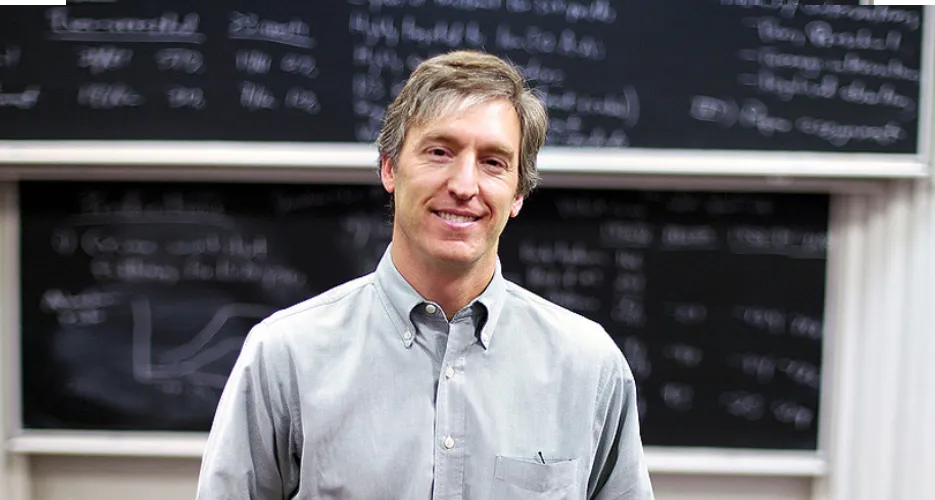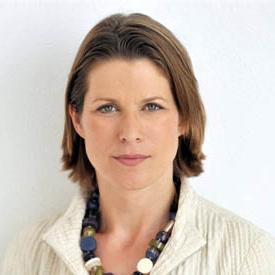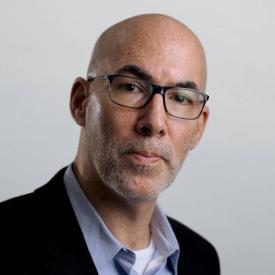Steven Levitt is a celebrated economist, esteemed professor, and the co-author of the New York Times bestseller ‘Freakonomics’. With a rare talent for translating complex ideas into relatable ones, Steven has been challenging conventional economics and redefining how we understand the world through statistics for over two decades. His fresh and engaging perspective makes him a sought-after motivational speaker for businesses, academic institutions, and global forums.
After earning a BA from Harvard University, he began his career as a consultant advising Fortune 500 companies before pursuing a PhD in Economics at MIT. He joined the University of Chicago, where he became the William B. Ogden Distinguished Service Professor of Economics and directs the Becker Centre on Chicago Price Theory. Steven’s research and studies centre around crime, corruption, and education through an economic lens, gaining recognition for his bold, data-driven insights and rogue ideas.
‘Freakonomics’, co-authored with journalist Stephen Dubner, became an international phenomenon, spending over two years on The New York Times bestseller list and selling over five million copies globally. Its success led to follow-up books in the series like ‘Superfreakonomics’, ‘Think Like a Freak’, and ‘When to Rob a Bank’. Steven is the co-host of the podcast 'People I (Mostly) Admire', and the co-author of the ‘Freakonomics’ blog. He was awarded the prestigious John Bates Clark Medal and was named one of Time Magazine’s ‘100 People Who Shape Our World’. He also serves on the boards for the Blueprint Schools Network and is an Affiliated Research Professor with the American Bar Foundation.
Steven’s TED talk 'The Freakonomics of McDonald's vs Drugs' demonstrate his gift of unconventional thinking - like why drug dealers live with their moms or what abortion laws have to do with the crime rate. Such ideas spark the deep desire to understand human behaviour and decision-making. Steven inspires audiences to challenge assumptions, embrace data-driven thinking, and apply curiosity to solve everyday problems. His engaging storytelling, academic rigour, and fearless exploration of taboo topics make him not just an informative speaker but an unforgettable one.









